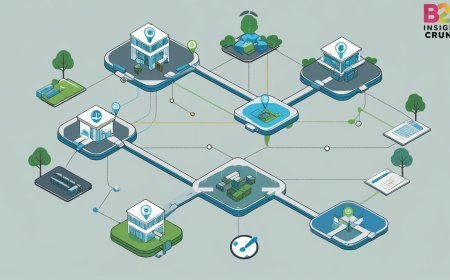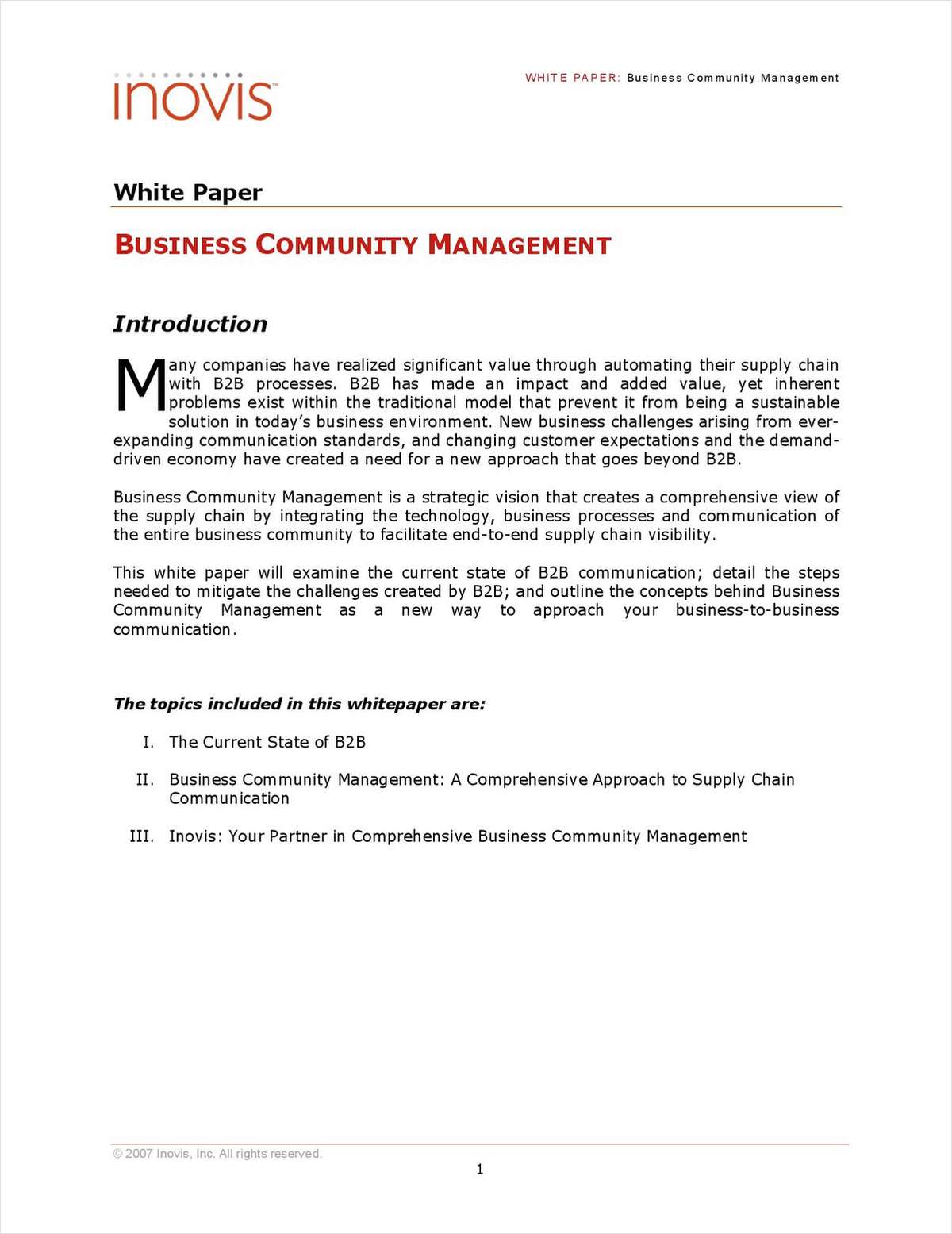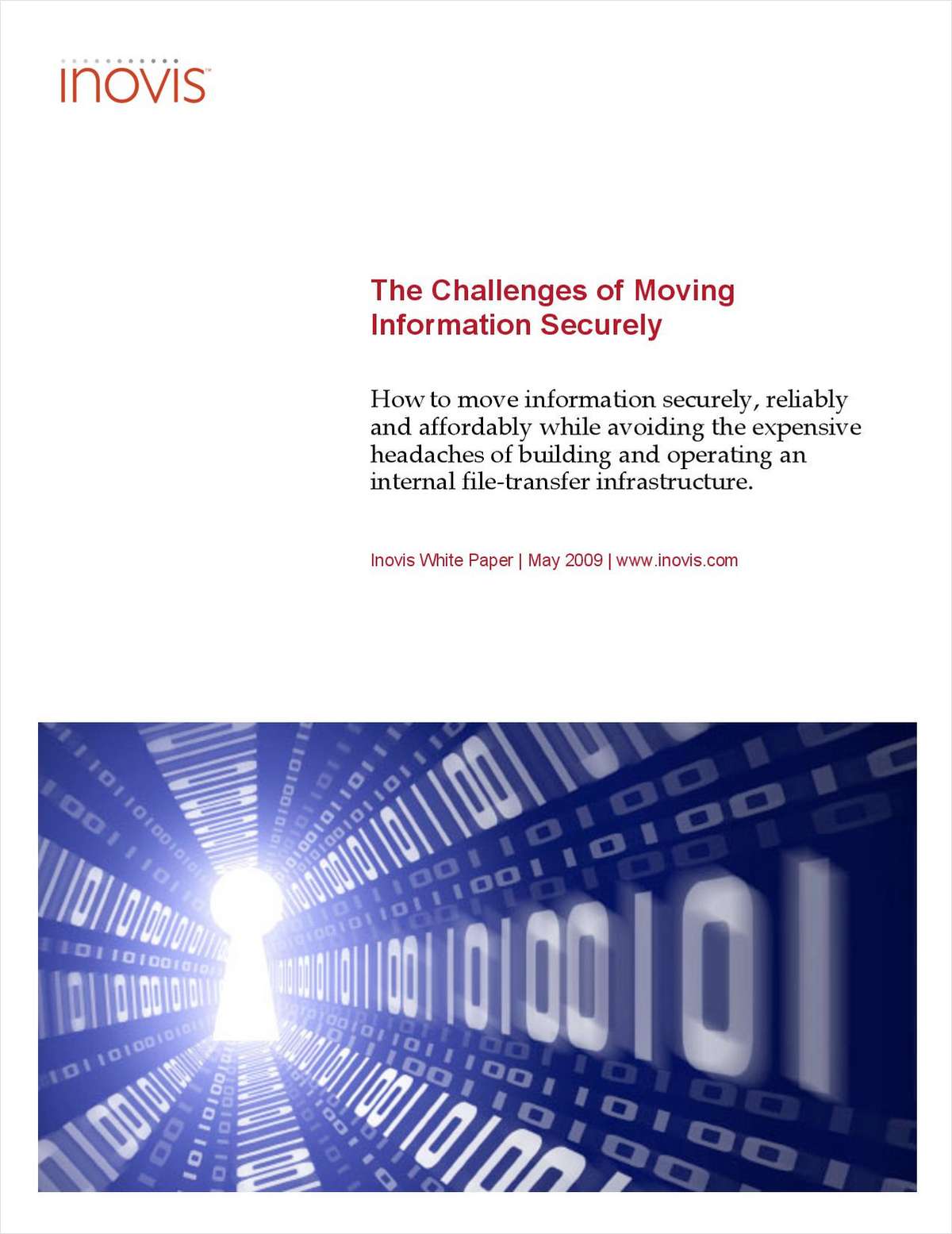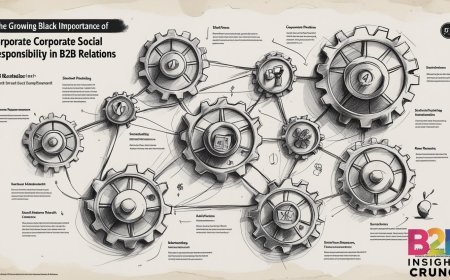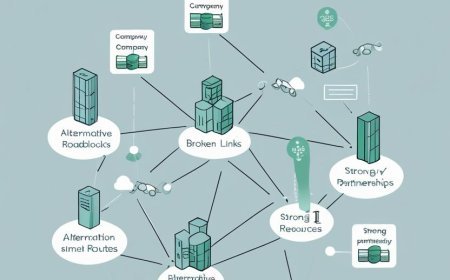The Influence of Economic Uncertainty on B2B Contract Negotiations

The Influence of Economic Uncertainty on B2B Contract Negotiations
Economic uncertainty has become a defining feature of the modern business landscape, shaping how companies plan, operate, and collaborate. For B2B partnerships, this uncertainty profoundly impacts contract negotiations, influencing everything from pricing strategies to risk allocation and partnership dynamics. Navigating these complexities requires a delicate balance of caution, flexibility, and open communication to build agreements that can withstand the unpredictable tides of the economy.
When economic conditions are stable, B2B contract negotiations tend to follow more predictable paths. Companies can focus on long-term commitments, confident in their forecasts and financial outlooks. However, in times of economic uncertainty-marked by fluctuating markets, inflation, supply chain disruptions, or geopolitical tensions-the negotiation process becomes inherently more cautious and nuanced. Both parties are keenly aware that the future holds unknowns, making it harder to commit without safeguards.
One of the first ways economic uncertainty influences negotiations is through pricing structures. Businesses want to protect themselves from sudden cost spikes or demand drops, which means contracts often include more dynamic pricing models or clauses that allow adjustments based on market changes. This flexibility helps both sides share the risk rather than one party bearing the brunt of unforeseen expenses. While it complicates contract terms, it also encourages collaboration, as partners must work together to monitor economic signals and agree on fair adjustments.
Risk management becomes a central theme in B2B contract talks during uncertain times. Companies may push for more detailed force majeure clauses or conditions that allow for renegotiation or contract termination if economic realities shift dramatically. These provisions serve as protective buffers but also require trust between parties-both need to believe that invoking such clauses will be a last resort, not a tactic to evade responsibilities.
Another subtle yet important impact of economic uncertainty is on the length and scope of contracts. Businesses might prefer shorter-term agreements or pilot projects to test waters before committing fully. This approach allows for recalibration as economic conditions evolve, but it also challenges the notion of long-term partnerships. Negotiators must find ways to build trust and demonstrate commitment even within shorter contracts, emphasizing shared goals and flexibility.
Communication plays an outsized role in this environment. Transparent conversations about economic challenges, projections, and concerns create a foundation for mutual understanding. When both parties openly acknowledge uncertainties, they can explore creative solutions together-whether that’s phased deliverables, performance incentives, or contingency plans. These conversations can transform contract negotiations from adversarial debates into collaborative problem-solving sessions.
The influence of technology also shapes contract negotiations amid economic uncertainty. Digital tools enable real-time data sharing and scenario modeling, helping partners understand potential impacts on costs and timelines. This data-driven insight empowers more informed discussions and reduces the anxiety that comes with uncertainty.
At its core, economic uncertainty demands that B2B partners rethink traditional negotiation mindsets. Instead of viewing contracts as rigid documents, they become living agreements-flexible frameworks designed to evolve with changing conditions. This shift challenges negotiators to balance protection with partnership, ensuring contracts support resilience and growth, even when the economic horizon is unclear.
Ultimately, navigating contract negotiations in uncertain economic times is about building relationships rooted in trust, adaptability, and shared vision. Those who succeed are not just protecting their immediate interests but also laying the groundwork for sustainable, long-term collaboration in an unpredictable world.


